LCIRAH PhD Studentship Opportunity: Source attribution of campylobacter in UK and Kenyan poultry value chains Starting in the academic year 2012/13; closing date for applications is noon (UK time) on 2 April 2012.
This opportunity is no longer open for applications. Thanks for your interest.
Source attribution of campylobacter in UK and Kenyan poultry value chains
The Leverhulme Centre for Integrative Research on Agriculture and Health (LCIRAH) has been established under a five-year £3.5m grant from The Leverhulme Trust to build an intersectoral and interdisciplinary platform for integrating research in agriculture and health, with a focus on international development goals. This Centre is enabling researchers from the London School of Hygiene and Tropical Medicine (LSHTM), School of Oriental and African Studies (SOAS), and Royal Veterinary College (RVC) to work together to develop unifying research approaches and methodologies in ‘AgriHealth’.
The Zoonotic and Emerging Diseases group at the University of Edinburgh is collaborating with researchers at LCIRAH and the University of Liverpool in a large scale, multi-site project on Campylobacter. As part of this collaboration, a PhD studentship administered by LCIRAH, is available. The studentship is a UK-based, 3-year PhD studentship, to start in the 2012/2013 academic year. The studentship will cover fieldwork costs, student stipend, and UK/EU tuition fees. Applications from outside the EU/UK will be considered. The studentship will be registered at the Royal Veterinary College and jointly supervised by health and agricultural researchers. This will be an inter-disciplinary project, and we are looking for students with a background in an area related to health or agriculture, who would enjoy and be comfortable with learning and using skills from different disciplines.
Project Rationale
Campylobacter is recognized as the leading food borne disease problem in the UK and has been largely associated with the poultry value chains. The importance of campylobacter in Kenya is unknown yet it has similar poultry production systems as the UK but with more rudimentary marketing and processing systems. In both scenarios there are few data on the source of campylobacter contamination, which in part reflects the lack of knowledge of the poultry value chain and the exposure of the meat consumed to contamination along the chain.
Aims:
- Improve the understanding of the contamination of poultry meat with campylobacter in the UK
- Assess the importance of campylobacter in poultry meat value chains in Nairobi, Kenya
The lead supervisor will be Dr Jonathan Rushton, Veterinary Clinical Sciences, Veterinary Public Health Group, Royal Veterinary College (Hawkshead campus). All enquires relating to this post, and requests for further information, should be directed to Dr Rushton: jrushtonNOSPAM@rvc.ac.uk (remove "NOSPAM" from the address before sending).
The PhD will link with MRC-ESEI funded projects in the UK and Kenya which are led by Professor Sarah O’Brien and Dr Eric Fèvre, respectively.
Application forms and details about how to apply are available from:
http://www.rvc.ac.uk/Postgraduate/Info/HowToApply.cfm#research
The Graduate School, Royal Veterinary College, Royal College Street, London NW1 0TU.
Email: graduateschool@rvc.ac.uk
Tel: +44 (0) 20 7468 5134![]() +44 (0) 20 7468 5134
+44 (0) 20 7468 5134
Fax: +44 (0) 20 7468 5060
(Photo credits: Joel Kanunga and Eric Fèvre)
The Zoonotic and Emerging Disease group studies a range of epidemiological issues revolving around the domestic livestock, wildlife and human interface


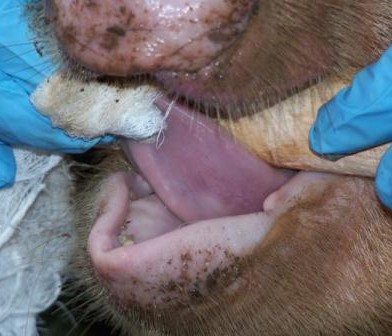
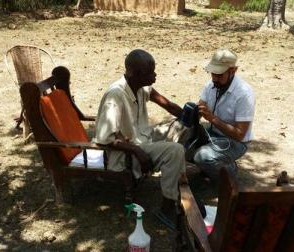

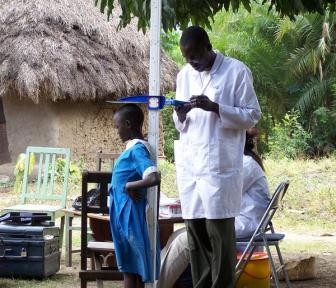

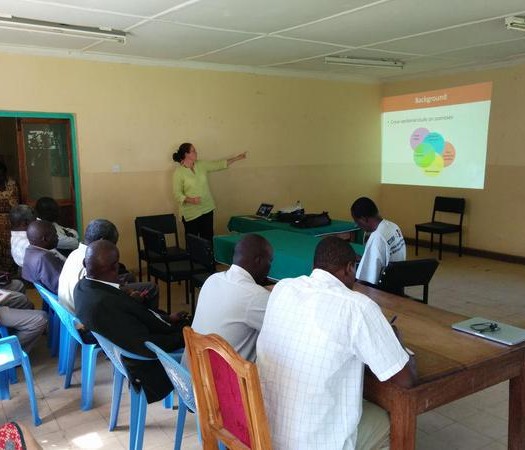
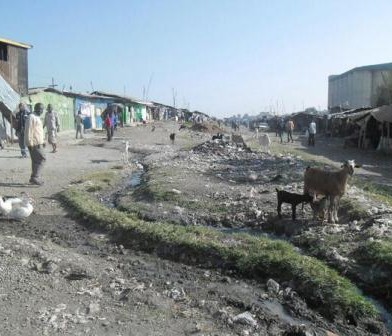
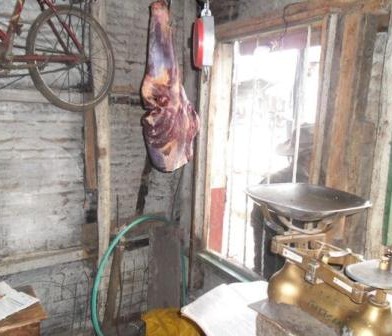
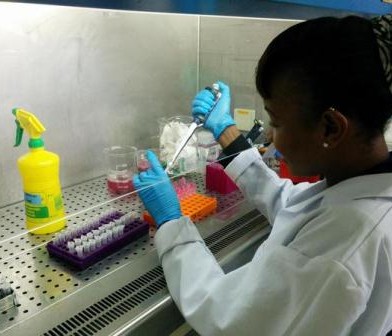
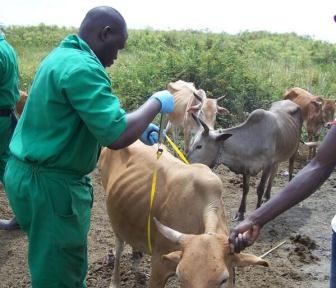

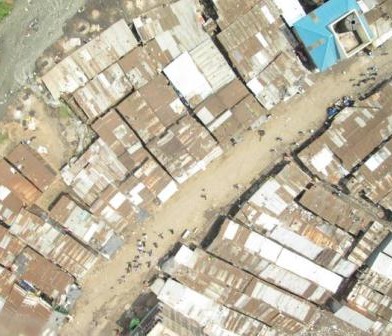
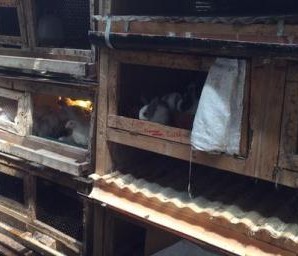
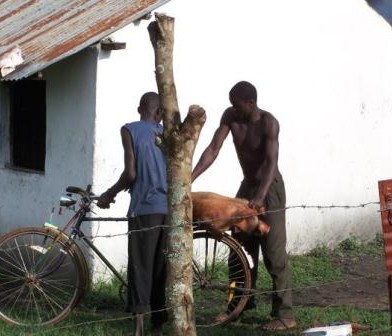
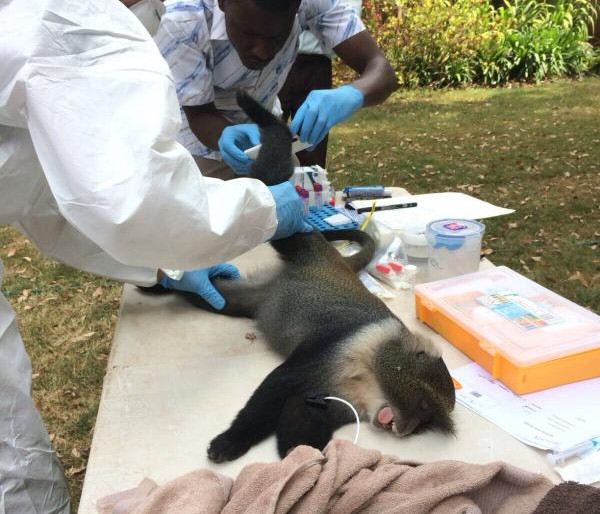
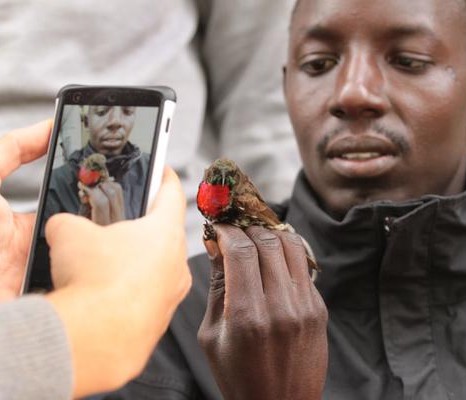
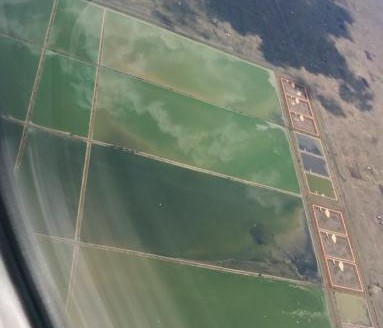
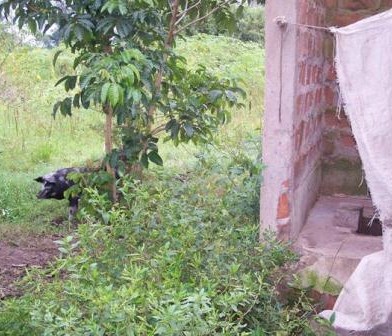
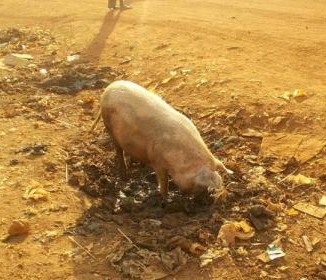
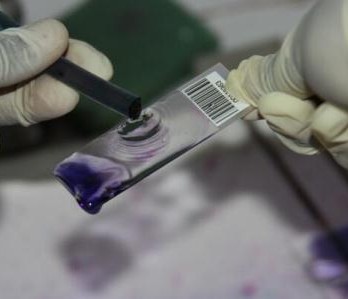
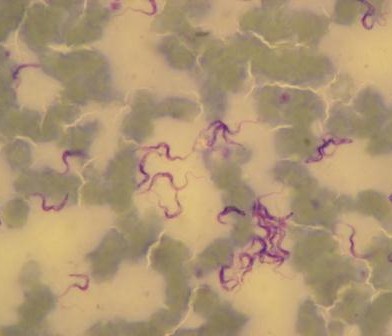
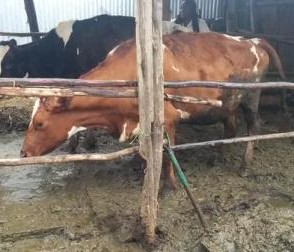
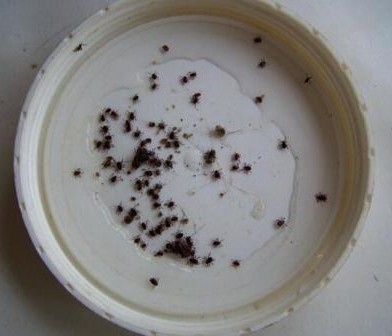
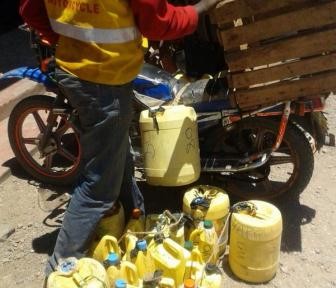
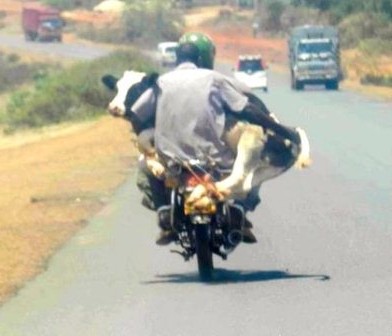
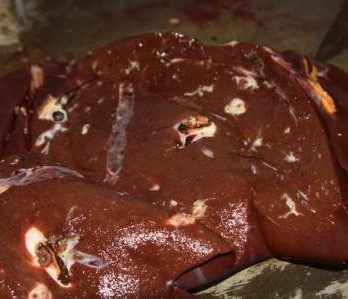
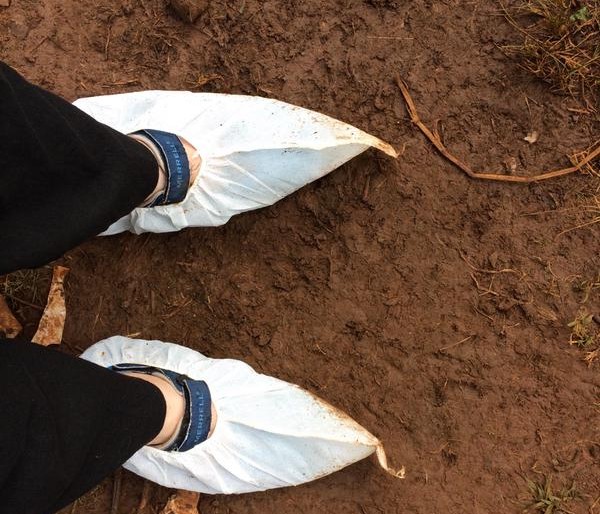
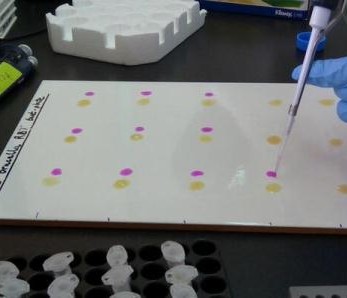
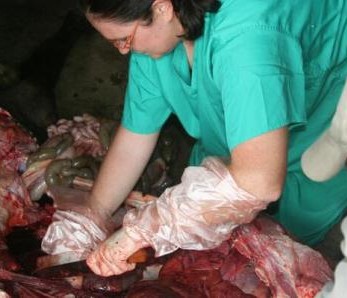
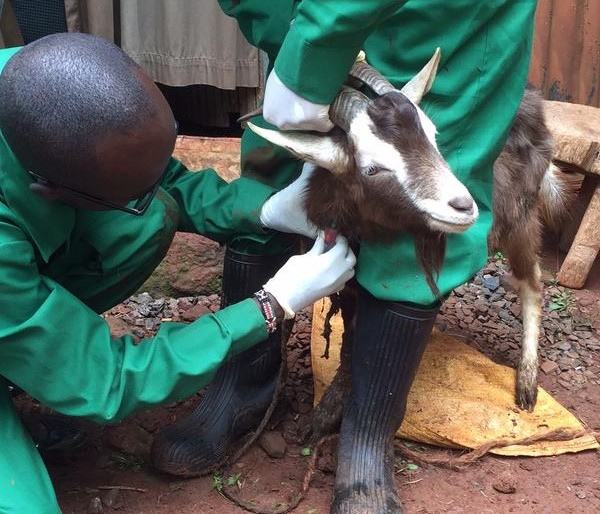
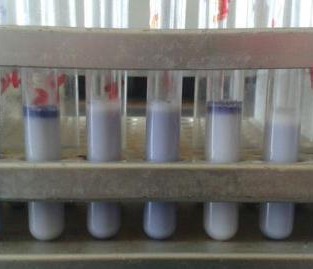
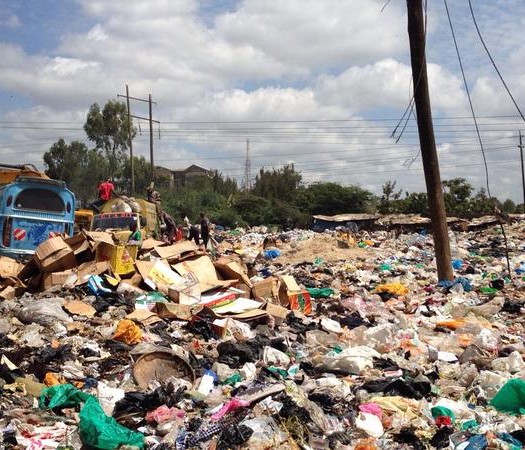
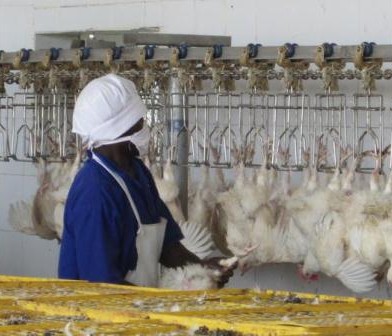
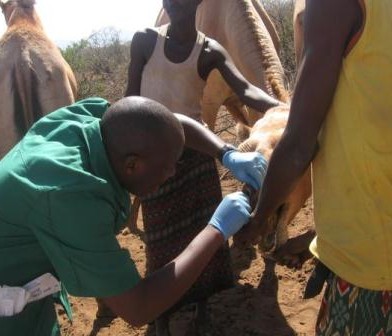
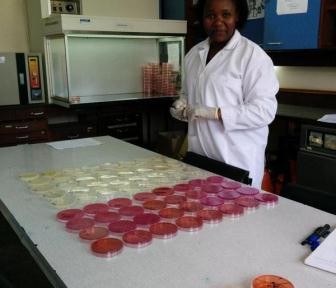
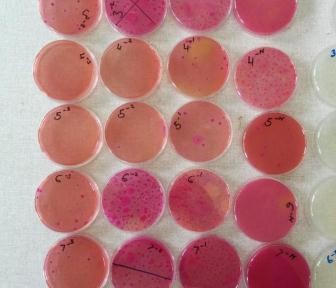

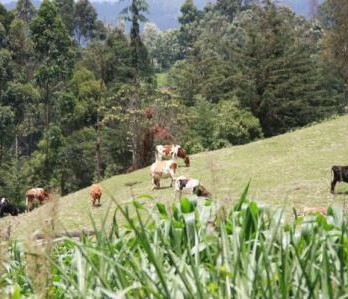
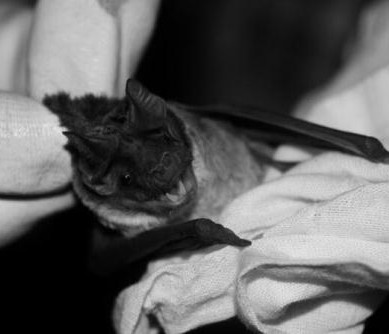
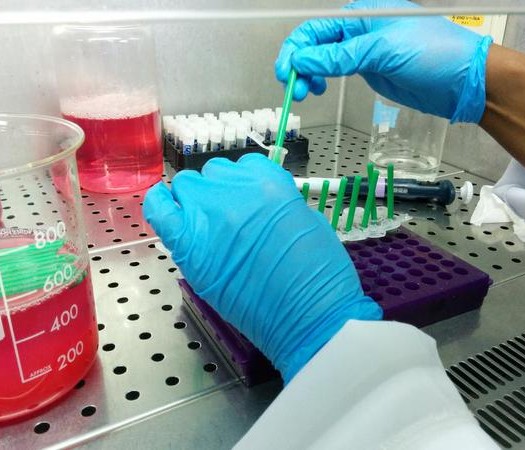
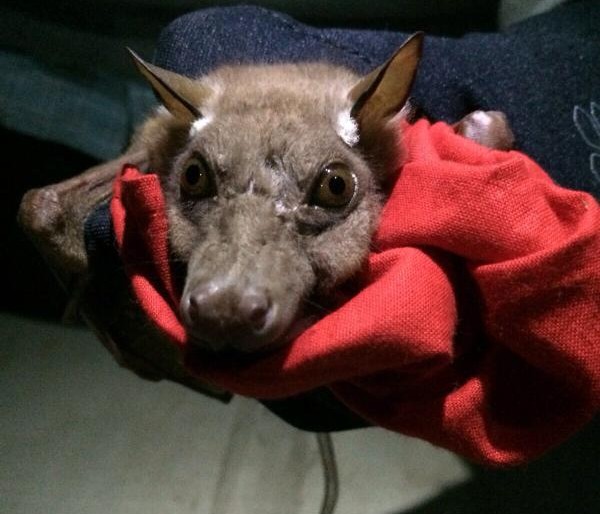

You must be logged in to post a comment.